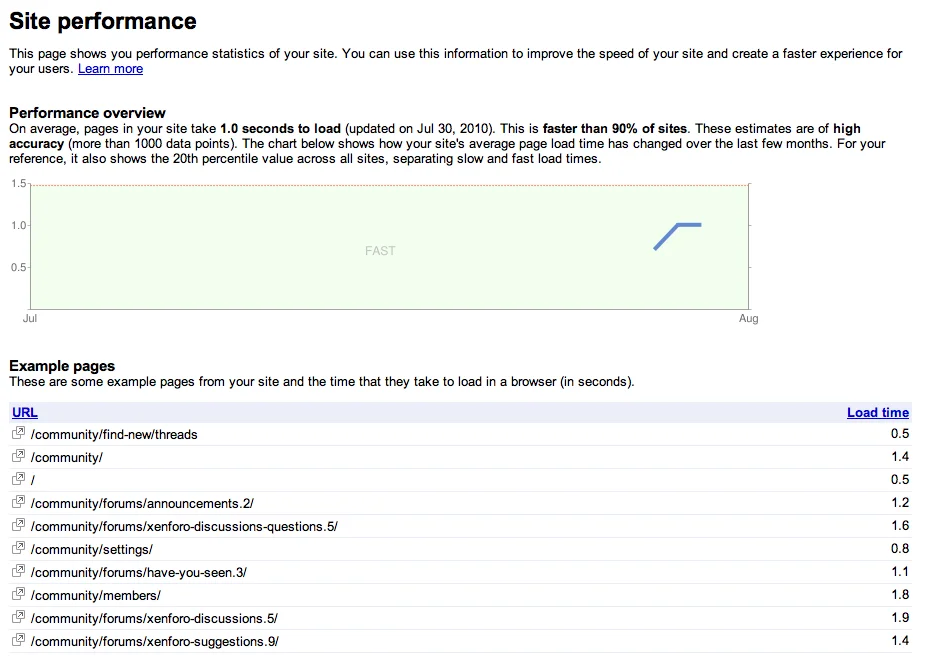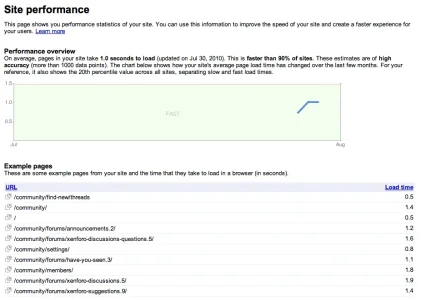You also need to check for which posts you can see. In vBulletin for example, there could be unapproved posts that only as a moderator you can see, you once the software checks your permissions, it has to sort the results based on what you can't see and sort the pages for that. From the Moderation Tools video it seems we have Unapprove Posts/Threads too, so the same thing can be seen here. If we get an ignore feature too (a proper feature, not the way vB did it), then it's even more "sorting" that XF would have to do. There could be other things I'm not thinking of or aware right now but that's off the top of my head.
It's much more than just simply fetching posts associated with a thread.

I'm curious to know what method XF is using to do this as it's different from the way vB did it from what Kier mentioned.

